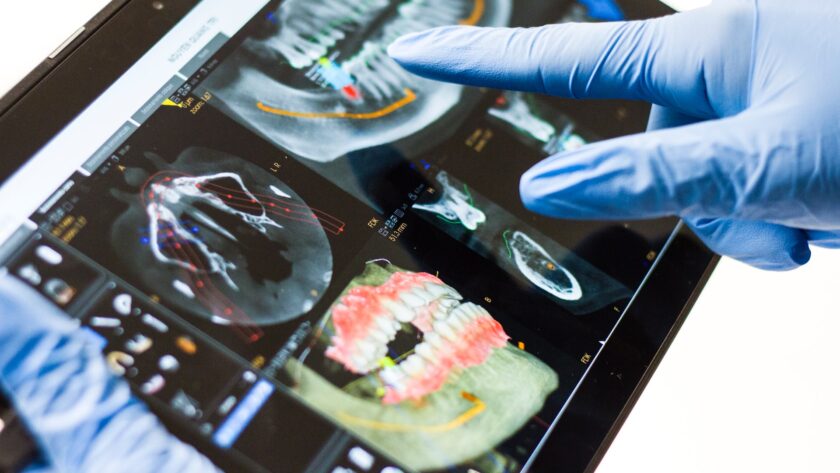Poor dental care is linked to major health problems like cardiovascular disease, diabetes and respiratory illness. If you’re hoping to circumvent these health problems, you should take better care of your teeth, which means brushing and flossing your teeth at least twice a day, using fluoride toothpaste and scheduling regular appointments with your dentist.
That last point might be an obstacle for you. Going to the dentist can be expensive, and it’s not like the treatments are covered by your health insurance. How can you cover the treatment costs?
These are some options that you should consider.
Contents
Dental Insurance:
You might be lucky enough to have dental insurance added to your benefits plan at your workplace. This insurance plan can provide you with coverage for your dental treatments (along with dental treatments for your partner and dependents).
Dental insurance through your workplace is often cheaper than getting a private dental insurance plan. Why? Employers that offer this benefit tend to subsidize the monthly insurance premiums and negotiate lower rates with dentists within the network. So, as an employee, your payments for premiums will be quite low.
On the other hand, if you don’t have dental insurance through your workplace, you should think carefully before you opt for a private dental insurance plan. You likely won’t get as good of a deal as employees with this benefit. You might find that managing your monthly insurance premiums will cost you just as much as certain dental treatments out of pocket. The sacrifice may not be worth the rewards.
There is an important exception to this. Veterans can purchase a dental insurance plan at a reduced rate. So, if you’re a veteran, it’s possible that the reduced rate will make a private plan the right choice for you!
FSA:
Does your workplace offer a Flexible Spending Account (FSA)? If it does, you can use the balance in your FSA to cover dental treatments including teeth cleaning, tooth extractions, dental crowns and dental fillings.
An FSA will not make the treatment costs cheaper. However, an FSA’s tax benefits can save you money once you have to file your taxes.
HSA:
An HSA (Health Savings Account) is similar to an FSA. You can use the funds saved in this specialized account for eligible dental treatments. Again, the dental treatments will not be cheaper, but the tax benefits of this account could be useful once tax season rolls around.
Dental Savings Plan:
A dental savings plan (sometimes called a dental discount plan) can help make dental treatments, from basic cleanings to emergency services, more affordable. It typically offers discounts between 10-60% for related services, which can make the final bill much easier for you to handle out of pocket.
Emergency Savings Fund:
You should only use your emergency savings fund for emergency dental treatments, like when you suddenly have a toothache and you need to make a last-minute appointment, or when a dental crown pops out and you need to get it replaced. You shouldn’t be dipping into these savings for non-emergencies, like bi-annual appointments for dental cleanings.
Personal Loan:
If you’re dealing with a dental emergency, and you don’t have enough emergency savings to cover the costs of treatment, and you don’t have any benefits to help you either, you might panic about how to pay your dentist. In this circumstance, you can apply for a personal loan for a small amount as a solution. If your application is approved, you can use the borrowed funds to cover the emergency treatment costs and move forward.
When it comes to personal loans, you should double-check the qualifications before you fill out an application. You will need to meet certain standards like having an active bank account and having a steady stream of income. As long as you check off all of these boxes, you can submit your application. You just might get approved.
You should only use personal loans for emergency expenses. Do not apply for a loan for regular dental treatments.
Don’t skip the dentist because of the costs! As you can see, there are plenty of ways that you can pay for dental treatments.




